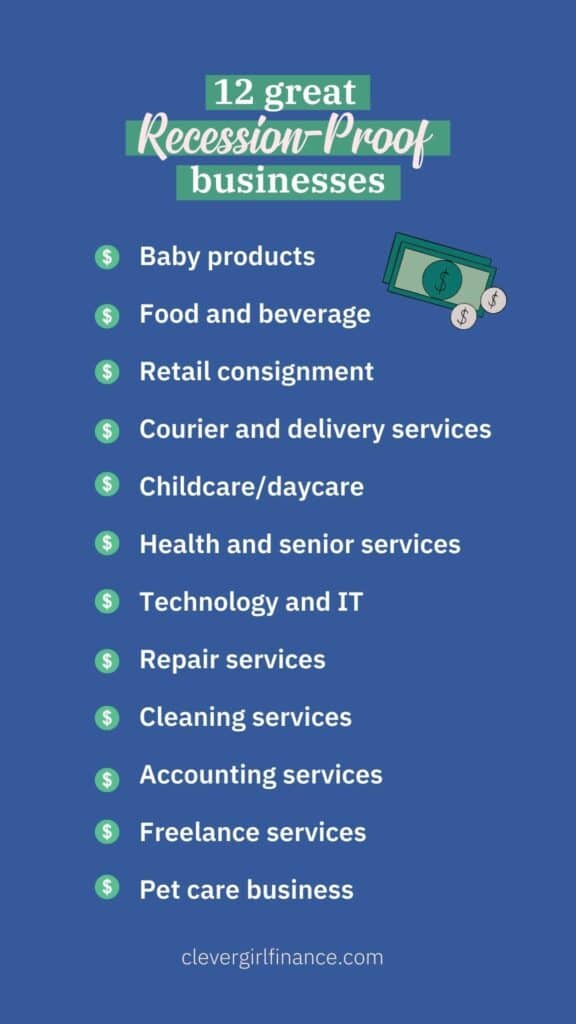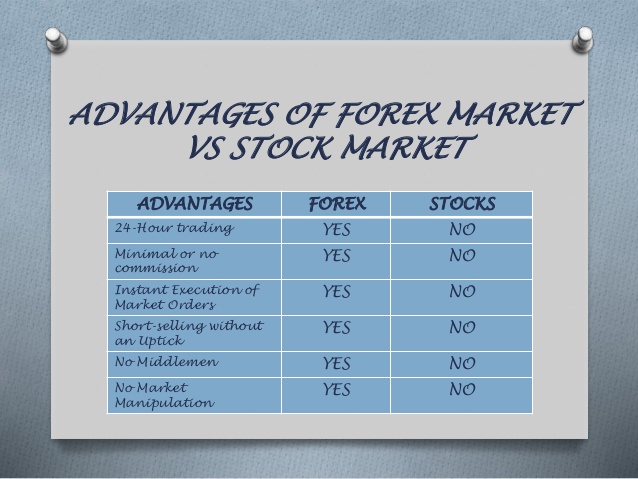
Special dividends can be issued at specific times or in one-off payments, which is different from regular dividends. Businesses often pay special dividends if they have extra cash to spend on restructuring or when they need it. These special dividends can also be issued if the company has exceptionally high profits or earnings. While this type of dividend is usually considered a return on capital, it can also be taxed as ordinary income.
As a sign that they are confident in their business, special dividends can be issued by many companies. They can also be used as a way to replace cash they don't have to use for the business' growth. They may also be issued with regular dividend policies.
Many people who are opposed to special dividends argue that they do little to provide any long-term investment benefits. Others argue that special dividends signal that companies are struggling to find new investment. Other investors believe that companies that pay special dividends are signaling poor future growth.

Most companies don’t pay special dividends. However, there are exceptions. Companies that are well-known for increasing their dividends every year and have been around for a while will usually trade at a premium. Companies that pay out special dividends don't often make the headlines. Master limited partnerships and real property investment trusts have historically been the top dividend-payers.
Regular dividends generally have a higher payout than special dividends. These one-time payments can have a major impact on the share prices. Additionally, investors may be required to pay an unexpected tax bill. A decrease in share price will generally reduce the dividend's value.
The company can lose its assets if it issues a large dividend. This means that shareholders may not have the cash they need to grow the company. The ex-dividend date will also impact the share price. This is why it is so important to buy shares before that ex-dividend date. This will allow you to control your tax rate.
Special dividends can also be issued in conjunction with cyclical earnings, when the company has unusually high profits or when the company needs to change its financial structure. They can also be given when the company spins out a subsidiary. They are common in tech firms that don't pay regular distributions. Shareholder confidence can be increased by special dividends.

Although special dividends don't provide any long-term benefits, they can be a good alternative to cutting dividends in times of economic recession. They are also less likely that they will be issued. These special dividends can also come with an unexpected tax bill and could cause shareholders to lose faith in the company. For cyclical companies, it is smart to use a special dividend with a regular dividend strategy. This is however risky if a company uses the special dividend to obtain cash back.
FAQ
What is a bond?
A bond agreement is a contract between two parties that allows money to be transferred for goods or services. It is also known by the term contract.
A bond is usually written on paper and signed by both parties. This document contains information such as date, amount owed and interest rate.
The bond can be used when there are risks, such if a company fails or someone violates a promise.
Many bonds are used in conjunction with mortgages and other types of loans. The borrower will have to repay the loan and pay any interest.
Bonds can also raise money to finance large projects like the building of bridges and roads or hospitals.
A bond becomes due upon maturity. This means that the bond owner gets the principal amount plus any interest.
If a bond isn't paid back, the lender will lose its money.
How can people lose money in the stock market?
The stock exchange is not a place you can make money selling high and buying cheap. It is a place where you can make money by selling high and buying low.
The stock exchange is a great place to invest if you are open to taking on risks. They want to buy stocks at prices they think are too low and sell them when they think they are too high.
They believe they will gain from the market's volatility. But if they don't watch out, they could lose all their money.
Why are marketable securities important?
A company that invests in investments is primarily designed to make investors money. It does this through investing its assets in various financial instruments such bonds, stocks, and other securities. These securities have certain characteristics which make them attractive to investors. They are considered safe because they are backed 100% by the issuer's faith and credit, they pay dividends or interest, offer growth potential, or they have tax advantages.
Marketability is the most important characteristic of any security. This refers to the ease with which the security is traded on the stock market. A broker charges a commission to purchase securities that are not marketable. Securities cannot be purchased and sold free of charge.
Marketable securities include common stocks, preferred stocks, common stock, convertible debentures and unit trusts.
Investment companies invest in these securities because they believe they will generate higher profits than if they invested in more risky securities like equities (shares).
How does inflation affect the stock market?
Inflation affects the stock markets because investors must pay more each year to buy goods and services. As prices rise, stocks fall. Stocks fall as a result.
How Share Prices Are Set?
Investors decide the share price. They are looking to return their investment. They want to make money from the company. They purchase shares at a specific price. Investors make more profit if the share price rises. If the share price falls, then the investor loses money.
The main aim of an investor is to make as much money as possible. They invest in companies to achieve this goal. It helps them to earn lots of money.
What's the difference between marketable and non-marketable securities?
The main differences are that non-marketable securities have less liquidity, lower trading volumes, and higher transaction costs. Marketable securities are traded on exchanges, and have higher liquidity and trading volumes. Because they trade 24/7, they offer better price discovery and liquidity. There are exceptions to this rule. Some mutual funds are not open to public trading and are therefore only available to institutional investors.
Marketable securities are more risky than non-marketable securities. They typically have lower yields than marketable securities and require higher initial capital deposit. Marketable securities are typically safer and easier to handle than nonmarketable ones.
A large corporation bond has a greater chance of being paid back than a smaller bond. The reason for this is that the former might have a strong balance, while those issued by smaller businesses may not.
Because they can make higher portfolio returns, investment companies prefer to hold marketable securities.
Statistics
- The S&P 500 has grown about 10.5% per year since its establishment in the 1920s. (investopedia.com)
- Our focus on Main Street investors reflects the fact that American households own $38 trillion worth of equities, more than 59 percent of the U.S. equity market either directly or indirectly through mutual funds, retirement accounts, and other investments. (sec.gov)
- For instance, an individual or entity that owns 100,000 shares of a company with one million outstanding shares would have a 10% ownership stake. (investopedia.com)
- Individuals with very limited financial experience are either terrified by horror stories of average investors losing 50% of their portfolio value or are beguiled by "hot tips" that bear the promise of huge rewards but seldom pay off. (investopedia.com)
External Links
How To
How do I invest in bonds
A bond is an investment fund that you need to purchase. The interest rates are low, but they pay you back at regular intervals. These interest rates are low, but you can make money with them over time.
There are several ways to invest in bonds:
-
Directly purchasing individual bonds
-
Buying shares of a bond fund.
-
Investing through a broker or bank
-
Investing through an institution of finance
-
Investing via a pension plan
-
Directly invest with a stockbroker
-
Investing through a Mutual Fund
-
Investing in unit trusts
-
Investing through a life insurance policy.
-
Investing via a private equity fund
-
Investing using an index-linked funds
-
Investing via a hedge fund